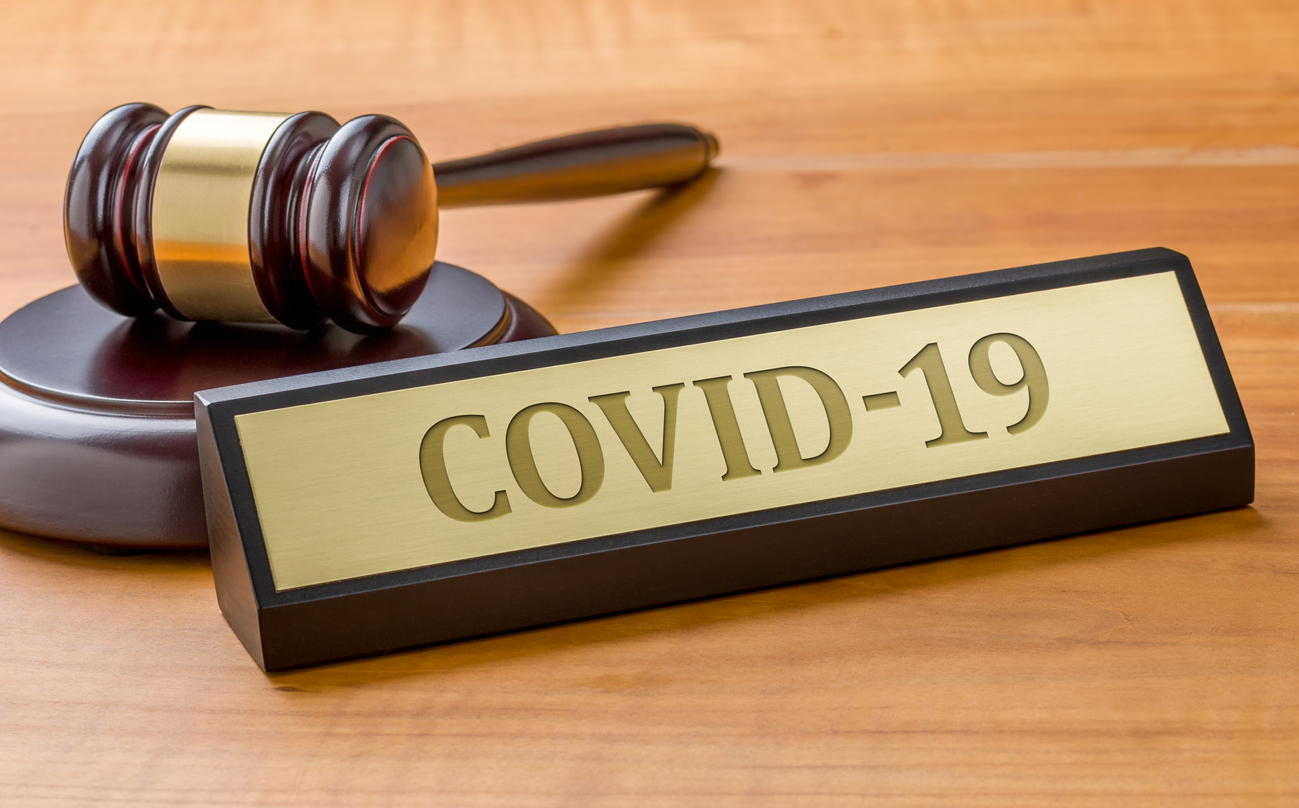Information regarding an insured’s prior claims or how a carrier handled other insureds’ similar claims is discoverable. Colonial Life & Accident Ins. Co. v. The Superior Court of Los Angeles County, et al., 647 P.2d 86 (Cal. 1982). I will post on both of these types of discovery in detail over the next few weeks. First, discovery to learn whether a carrier used unfair practices in similar claims by other insureds.
When serving these types of requests, an insured’s attorney can usually anticipate several objections from the carrier, including: the request is burdensome; the information is not relevant or is private; the information cannot possibly be produced. Discovery in Insurance Bad Faith Cases, Part II, Charles Miller, Insurance Law Center. The Supreme Court of California, in Colonial, examined a case where the insurer argued against discovery requests seeking information on how it handled other insureds’ similar claims:
Colonial also argues for a writ barring all discovery of the names and records of such claimants on ground, inter alia, that evidence of a “pattern of unfair practices” is irrelevant as a matter of law in private actions against insurers…
The court, however, disagreed with Colonial and began its analysis with the well established principle that any party may request another party to produce documents that are relevant to the subject matter of the action or that are reasonably calculated to lead to the discovery of admissible evidence.
[Courts] may appropriately give the applicant [for discovery] substantial leeway, especially when the precise issue of the litigation of the governing legal standards are not clearly established [citation]; a decision of relevance for purposes of discovery is in no sense a determination of relevance for purposes of trial.
For those who follow this weekly series, I think this principle has become my mantra, and policyholder attorneys should never underestimate the power of this very basic rule. The court continued its analysis of the facts before it and addressed the applicable insurance code section in California:
Insurance Code section 790.03, subdivision (h) prohibits insurers from “knowingly committing or performing with such frequency as to indicate a general business practice” a variety of “unfair claim settlement practices”
The analysis continued with the very critical explanation that:
A plaintiff may establish a claim by showing either that the acts that harmed him were knowingly committed or were engaged in with such frequency as to indicate a general business practice. While proof of a knowing violation will make plaintiff’s job that much easier, in cases where a knowing violation is difficult to establish, knowledge can be proved circumstantially. [citation omitted] Discovery aimed at determining the frequency of alleged unfair settlement practices is therefore likely to produce evidence relevant to the action.
The foregoing analysis was the basis for the California Supreme Court’s ruling in the policyholder’s favor and ordering the discovery of the information sought. The Court held that discovery aimed at determining the frequency of alleged unfair settlement practices was likely to produce evidence directly relevant to the policyholder’s action, since the policyholder could establish her claim by showing either that the alleged harmful acts were knowingly committed or were engaged in with such frequency as to indicate a general business practice.
Based on the decision in Colonial, the California Supreme Court evaluated the following four general rules of discovery that policyholder attorneys must remember:
- Information relevant to the subject matter is discoverable
- Information that may lead to the discovery of admissible evidence is discoverable
- Information on how an insurance company handled other insureds’ similar claims is discoverable
- Information on determining the frequency of alleged unfair settlement practices is discoverable
Please tune in next week for an extended post on obtaining information on unfair practices in other insureds’ similar claims and obtaining information on an insured’s prior claims.


